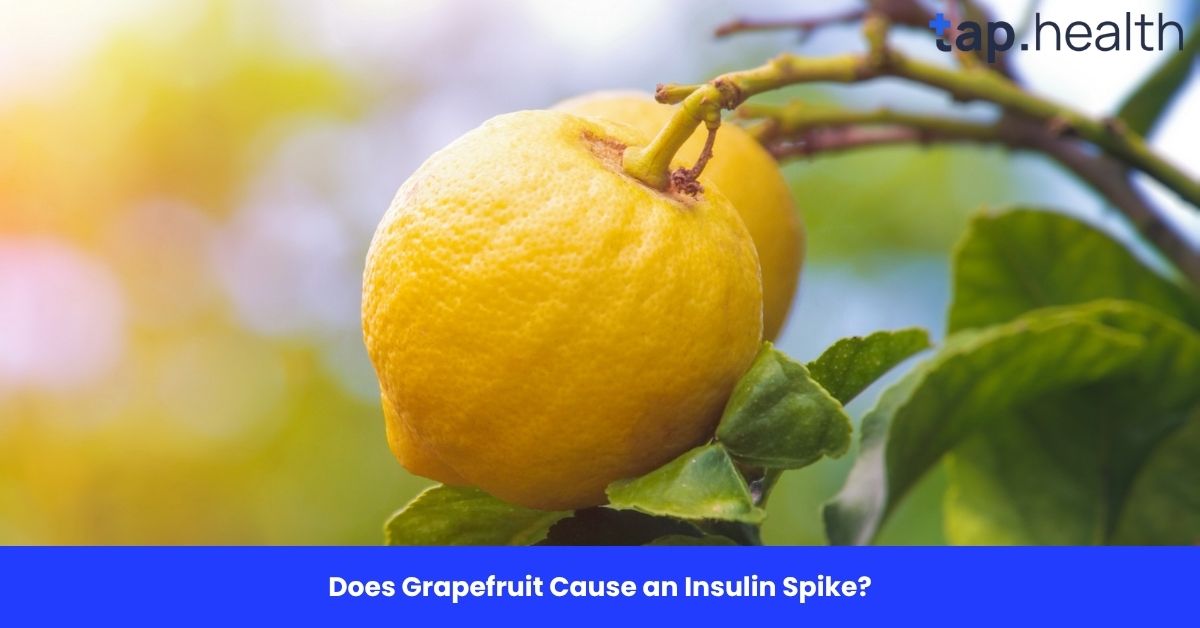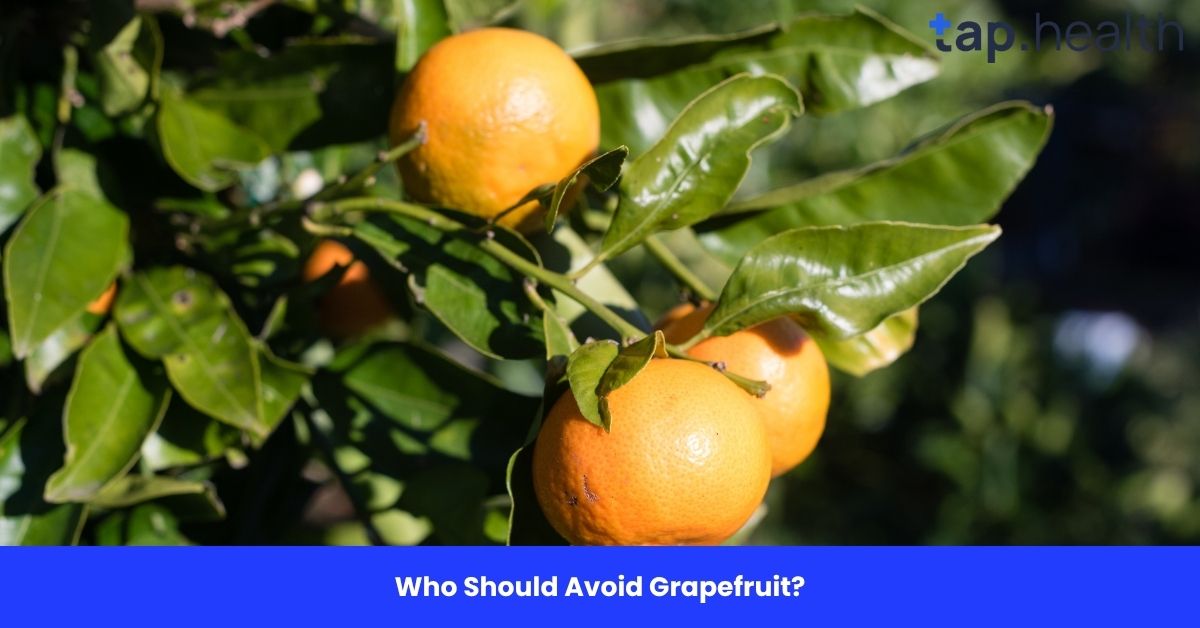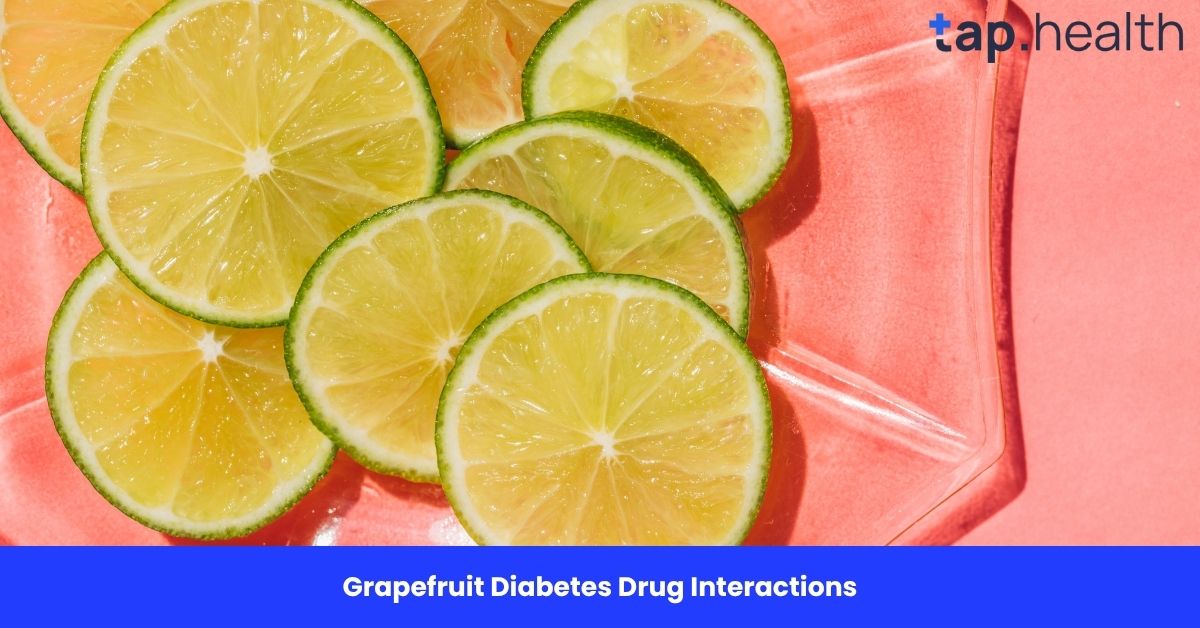You pop a multivitamin or B-complex supplement in the morning. A few hours later, you go to the bathroom—and suddenly notice your pee is neon yellow. Almost fluorescent.
You might think:
Did something go wrong? Is this normal? Should I be worried?
Here’s the quick answer:
Yes, B vitamins—especially vitamin B2 (riboflavin)—are the main reason your urine turns bright yellow. And it’s completely normal.
In fact, it’s so common that health experts often say: If your pee isn’t a little yellow after taking a B vitamin, you might not be getting enough.
But let’s go deeper. Why does this happen? Is it safe? Which B vitamins cause it? And should you be concerned if your urine stays pale even after taking supplements?
In this article, we’ll break it all down in plain, simple English—no confusing medical terms, no robotic tone. Just real, trustworthy facts from top health sources like the National Institutes of Health (NIH), Mayo Clinic, Cleveland Clinic, and Harvard Health.
We’ll cover:
- Why B vitamins make your pee yellow
- Which B vitamins are responsible
- Whether it’s a sign of good health
- If bright yellow urine means you’re wasting vitamins
- When yellow pee is a cause for concern
- And much more
Let’s dive in.
Why Does Your Urine Turn Yellow After Taking B Vitamins?
Your urine color changes based on what you eat, drink, and take as supplements. And B vitamins—especially B2—are famous for turning pee bright yellow.
Here’s why:
B Vitamins Are Water-Soluble
Unlike fat-soluble vitamins (like A, D, E, and K), B vitamins dissolve in water. That means your body can’t store them for long. Any extra gets flushed out through your kidneys and into your urine.
So if you take more B vitamins than your body needs, the excess doesn’t stay in your system—it leaves quickly, often within a few hours.
And when it does, it brings color with it.
Vitamin B2 (Riboflavin) Is Bright Yellow
The biggest culprit? Vitamin B2, also known as riboflavin.
Riboflavin has a natural yellow-orange color. It’s so vibrant that it’s even used as a food coloring (called E101 in some countries).
When you take a supplement containing B2, your body absorbs what it needs, and the rest passes through your urine—dyeing it a bright, sunny yellow.
This is 100% normal and harmless.
Which B Vitamins Cause Yellow Urine?
Not all B vitamins turn your urine yellow. But several do—especially when taken in high doses.
Let’s look at each one:
1. Vitamin B2 (Riboflavin) – The Main Cause
- Color it produces: Bright yellow to neon yellow
- Why: Riboflavin is naturally fluorescent and water-soluble
- Found in: Multivitamins, B-complex supplements, energy drinks, fortified cereals
This is the #1 reason your pee looks like it glows under black light.
2. Vitamin B12 (Cobalamin) – Can Cause Dark Yellow or Orange
- Color it produces: Dark yellow, amber, or slightly orange
- Why: B12 is red in its pure form, but when mixed with urine, it can deepen the yellow color
- Found in: Energy shots, vegan supplements, prescription B12 injections
While not as flashy as B2, high-dose B12 can still darken your urine.
3. Other B Vitamins – Minor Effects
- B6 (Pyridoxine): May add a slight yellow tint, but not as strong
- B3 (Niacin): Can turn urine bright yellow or greenish in very high doses (rare)
- Folate (B9): Doesn’t change urine color much
- B1 (Thiamine), B5 (Pantothenic Acid), B7 (Biotin): No noticeable effect on color
So, while B2 is the star of the show, B12 and B3 can also play a supporting role in changing your pee color.
Is Bright Yellow Urine a Sign of Good Health?
Yes—in most cases, bright yellow urine after taking B vitamins is a sign that your body is working normally.
Here’s what it means:
- Your kidneys are filtering your blood properly
- Your body absorbed the B vitamins it needed
- The extra was safely removed
It’s like your body’s way of saying: “Thanks for the nutrients. I used what I needed and flushed out the rest.”
In fact, if you take a high-quality B-complex and your urine stays completely clear, it might mean:
- You’re not absorbing the vitamins well
- Your supplement is low-dose or poorly made
- You need a higher dose (especially if you’re deficient)
So, don’t fear the yellow. Embrace it.
Does Yellow Urine Mean You’re Wasting Vitamins?
This is a common worry: Am I just peeing out expensive vitamins?
The short answer: Not really.
Here’s why:
Your Body Takes What It Needs
When you take a B-complex or multivitamin, your body absorbs the amount it needs at that moment. The rest is eliminated—yes, through urine.
But that doesn’t mean it was wasted. Think of it like charging a phone:
- You plug it in overnight
- It stops charging when it hits 100%
- The extra electricity isn’t “wasted”—it just doesn’t get used
Same with B vitamins. Your body uses what it needs, and the overflow is safely removed.
B Vitamins Are Cheap and Essential
B vitamins are among the least expensive nutrients in supplements. And they’re crucial for:
- Energy production
- Brain function
- Red blood cell formation
- Nerve health
- Skin and hair health
Even if some are excreted, the benefits of having enough in your system far outweigh the cost.
Some People Need More Than Others
Certain groups need higher B vitamin intake:
- Pregnant women (need more B9/folate)
- Vegans (often low in B12)
- Older adults (absorb B12 poorly)
- Heavy drinkers (alcohol depletes B vitamins)
- People under stress or with poor diets
For them, taking a little extra ensures they don’t become deficient—even if some shows up in the toilet.
What Color Should Healthy Urine Be?
Urine color can tell you a lot about your hydration and health.
Here’s a simple guide:
| Pale straw to light yellow | Normal, well-hydrated |
| Bright or neon yellow | Likely from B vitamins—normal |
| Dark yellow | Slightly dehydrated—drink more water |
| Amber or honey-colored | Dehydrated—need fluids now |
| Clear | Very well-hydrated (but too much water can be risky) |
| Orange | Dehydration or liver issues (if not from food/supplements) |
| Pink or red | Could be beets, berries, or blood—see a doctor |
| Brown | Severe dehydration or liver/kidney problems |
| Blue or green | Rare—could be food dyes or infections |
So, bright yellow from B vitamins is fine. But if your urine is dark, cloudy, or smells strong, it might be time to drink more water—or see a doctor.
How Long Does the Yellow Effect Last?
The bright yellow color usually appears within 1 to 3 hours after taking a B-complex or multivitamin.
How long it lasts depends on:
- Your metabolism
- How much water you drink
- The dose of B vitamins
- Your kidney function
In most people, the color fades within 6 to 12 hours—especially if you drink plenty of fluids.
If you take B vitamins daily, your pee may stay slightly yellow throughout the day. That’s normal.
Can You Avoid Yellow Urine from B Vitamins?
Yes, but you probably don’t need to.
If you really want to avoid the glow, here are a few options:
1. Take a Lower-Dose Supplement
Many B-complex supplements contain 100% or more of the Daily Value (DV). For example:
- B2: 1.3 mg (DV for men), but supplements often have 25–100 mg
- B12: 2.4 mcg (DV), but supplements may have 500–1000 mcg
Taking a lower-dose version may reduce the yellow effect.
But remember: Higher doses are often needed for people with deficiencies or special needs.
2. Spread Out Your Doses
Instead of taking one big dose in the morning, try:
- Taking half in the morning, half in the afternoon
Using a time-release formula
This can reduce the concentration of B vitamins in your urine at any one time.
3. Choose a B-Complex Without Riboflavin (Not Recommended)
You could find a supplement without B2, but that’s not a good idea. Riboflavin is essential for energy, skin health, and eye function.
Avoiding it just to keep your pee pale isn’t worth the risk of deficiency.
4. Drink More Water
Staying well-hydrated can dilute the color. But even with lots of water, you’ll likely still see some yellow if you’re taking B vitamins.
And that’s okay.
Is It Bad If Your Urine Isn’t Yellow After Taking B Vitamins?
Not necessarily.
If your urine stays pale after taking B vitamins, it could mean:
- You’re taking a low-dose supplement
- Your body is absorbing almost all of it (common in people with deficiencies)
- You’re drinking a lot of water
- The supplement doesn’t contain much B2
But if you’re taking a standard B-complex and see no color change at all, it might be worth checking:
- The label (does it actually contain riboflavin?)
- The brand quality (is it from a trusted source?)
- Your absorption (do you have digestive issues?)
In most cases, no bright yellow pee isn’t a problem—just less obvious.
Can B Vitamins Cause Other Urine Changes?
Yes, besides color, B vitamins can sometimes affect:
1. Smell
Some people report a “vitamin-like” or slightly medicinal smell in their urine after taking B supplements. This is normal and harmless.
B12 and B6 can contribute to odor changes, but it’s not strong or unpleasant like infection-related smells.
2. Foam
Foamy urine is usually due to fast urination or concentrated urine—not B vitamins.
But if you notice persistent foam, it could be a sign of protein in the urine, which may indicate kidney issues. See a doctor if it keeps happening.
Who Is Most Likely to Notice Yellow Urine from B Vitamins?
Almost anyone taking B vitamins can see the effect. But it’s more common in:
1. People Taking B-Complex Supplements
These often contain high doses of B2 and B12—perfect for glowing pee.
2. Pregnant Women
Prenatal vitamins are packed with B vitamins (especially B9/folate and B12). Many pregnant women notice bright yellow urine daily.
3. Vegans and Vegetarians
They often take B12 supplements, which can darken urine.
4. Older Adults
As we age, kidney function changes, and we may absorb B vitamins differently. Some notice stronger color changes.
5. People with Poor Diets or Deficiencies
When you’re low in B vitamins, your body absorbs more of what you take—so less may show up in urine at first. But once levels are restored, the yellow returns.
Are There Any Risks to Taking Too Many B Vitamins?
Most B vitamins are very safe, even in high doses, because your body flushes out the extra.
But there are a few exceptions:
1. Vitamin B6 (Pyridoxine) – Can Be Toxic in High Doses
- Safe limit: 100 mg/day for adults
- Risk: Long-term use of 500+ mg/day can cause nerve damage, numbness, and balance problems
- Symptoms may go away when you stop, but some damage can be permanent
Most supplements contain safe amounts (10–50 mg), but check the label if you’re taking multiple products.
2. Niacin (B3) – Can Cause Flushing and Liver Issues
- High doses (500+ mg) can cause:
- Skin flushing (red, hot, itchy face)
- Liver damage
- Stomach upset
- Used under medical supervision for cholesterol control
Over-the-counter “no-flush” niacin is usually safer but less effective.
3. B12 – Very Safe, But High Doses May Affect Lab Tests
- No known toxicity
- But extremely high levels can interfere with certain thyroid or hormone tests
Always tell your doctor about supplements you’re taking.
When Should You Worry About Yellow Urine?
Bright yellow pee from B vitamins is not a concern.
But see a doctor if your urine is:
- Dark brown – could be liver disease or severe dehydration
- Red or pink – may be blood, kidney stones, or infection
- Cloudy or foul-smelling – possible urinary tract infection (UTI)
- Consistently foamy – could indicate protein leakage from kidneys
- Orange – could be liver issues or certain medications
Also, if you’re not taking B vitamins and your pee is neon yellow, check:
- Your diet (are you eating lots of fortified foods?)
- Other supplements (like energy boosters or greens powders)
- Medications (some antibiotics or laxatives can change color)
If none of these apply, talk to your doctor.
Can Foods Make Your Urine Yellow Too?
Yes! Besides supplements, certain foods can affect urine color.
Foods That Can Cause Yellow Urine:
- Carrots and squash – high in beta-carotene (orange pigment)
- Beets – can turn pee pink or red
- Fava beans – contain compounds that affect color
- Food dyes – bright yellow candies, drinks, or snacks
But these usually don’t make urine as neon as B2 does.
Do B Vitamins Affect Other Bodily Fluids?
Not really. The excess B vitamins are mainly removed through urine.
You won’t notice changes in:
- Sweat
- Saliva
- Tears
- Stool
Any leftover B vitamins that aren’t absorbed pass through the digestive system and leave in your poop—but without coloring it.
How to Choose a Good B-Complex Supplement
Not all B vitamins are created equal. Here’s what to look for:
1. Look for Active Forms
Some people have trouble converting basic B vitamins into their usable form. Choose:
- Methylcobalamin instead of cyanocobalamin (for B12)
- Methylfolate instead of folic acid (for B9)
- Pyridoxal-5-Phosphate (P-5-P) for B6
These are easier for your body to use.
2. Check the Dose
Make sure it matches your needs:
- General health: 100% DV is fine
- Deficiency or high need: Higher doses may be needed (under doctor’s guidance)
3. Avoid Unnecessary Additives
Look for:
- No artificial colors or flavors
- No fillers like magnesium stearate (if sensitive)
- Third-party tested (look for NSF, USP, or ConsumerLab seals)
4. Consider Your Diet
- Meat-eaters: Likely get enough B12
- Vegans/vegetarians: Need B12 supplements
- Pregnant women: Need extra B9 (folate)
- Older adults: May need more B12 due to poor absorption
Final Thoughts: Do B Vitamins Turn Urine Yellow?
Yes—B vitamins, especially B2 (riboflavin), are the main reason your urine turns bright yellow.
And that’s completely normal, safe, and often a good sign that your body is absorbing and processing nutrients properly.
Key takeaways:
- ✅ Bright yellow pee is harmless and common
- ✅ It’s mostly caused by vitamin B2
- ✅ It means your kidneys are working well
- ✅ You’re not “wasting” vitamins—it’s just your body’s cleanup process
- ✅ No need to worry unless urine is dark, red, or painful
So next time you see that neon glow, don’t panic. Just smile and know your body is doing exactly what it should.
And if someone gives you a weird look when you tell them about your glowing pee? Just say: “It’s my B vitamins working hard. I’m healthy on the inside.”
Frequently Asked Questions (FAQ)
Do B vitamins turn your urine yellow?
Yes, especially vitamin B2 (riboflavin). It’s a harmless side effect that shows the vitamins are being processed.
Why does my pee turn yellow after taking vitamins?
Because excess B vitamins—mainly B2—are water-soluble and flushed out by your kidneys, coloring your urine bright yellow.
Is bright yellow urine a good sign?
Yes, it usually means your body absorbed what it needed and removed the rest. It’s a sign your kidneys are working.
Which B vitamin makes your pee yellow?
Vitamin B2 (riboflavin) is the main one. B12 and high-dose B3 can also darken urine.
Can too much B vitamin hurt you?
Most are safe, but very high doses of B6 can cause nerve damage, and high niacin can cause flushing or liver issues.
Does clear urine mean I’m healthy?
Not always. Clear urine can mean you’re well-hydrated, but drinking too much water can be dangerous. Pale yellow is ideal.
Should I stop taking B vitamins if my pee is yellow?
No. Yellow urine is normal and not a reason to stop. Only stop if advised by a doctor.
Can B vitamins cause dark urine?
They can make it bright yellow or amber, but not truly dark. Dark urine may mean dehydration or liver issues.
Do prenatal vitamins make your pee yellow?
Yes. Prenatal vitamins are high in B vitamins, especially B2 and B12, so bright yellow pee is very common.
Can you absorb B vitamins if your pee is yellow?
Yes! Your body absorbs what it needs first. The color means the extra is being removed—not that nothing was absorbed.
How long does B vitamin pee last?
Usually 6–12 hours, depending on your dose, hydration, and metabolism.
Can foods make your urine yellow?
Yes, foods like carrots, squash, and those with yellow dyes can tint urine, but not as brightly as B2.
Is neon yellow pee a sign of infection?
No. Infections usually cause cloudy, foul-smelling, or bloody urine—not just bright color.
Can men and women both get yellow pee from B vitamins?
Yes. Anyone taking B vitamins can experience this, regardless of gender.
Does drinking more water reduce the yellow color?
Yes, staying hydrated can dilute the color, but you’ll likely still see some yellow if you’re taking B vitamins.
Your urine color is a simple, everyday clue about your health. And when it comes to B vitamins, yellow is your friend. Keep taking your supplements, stay hydrated, and don’t sweat the glow.



